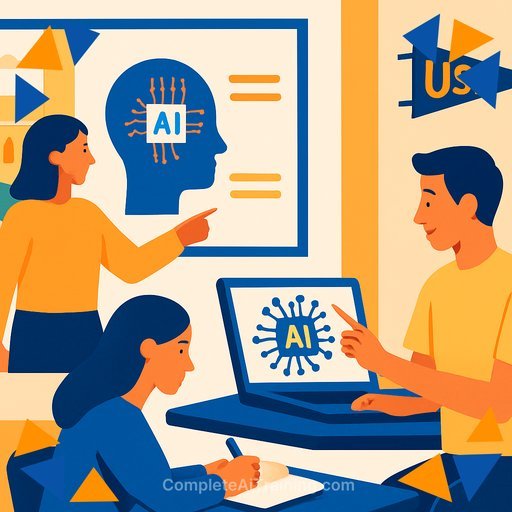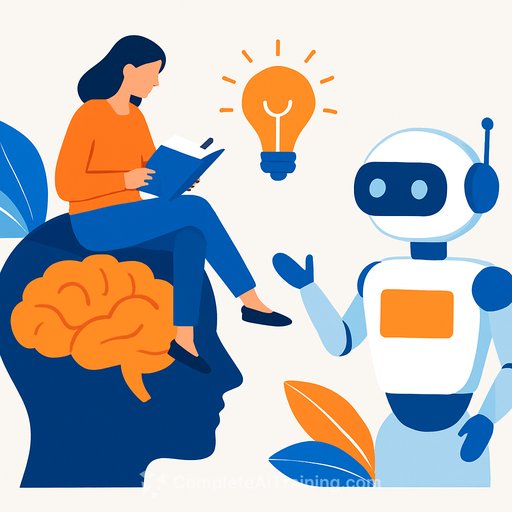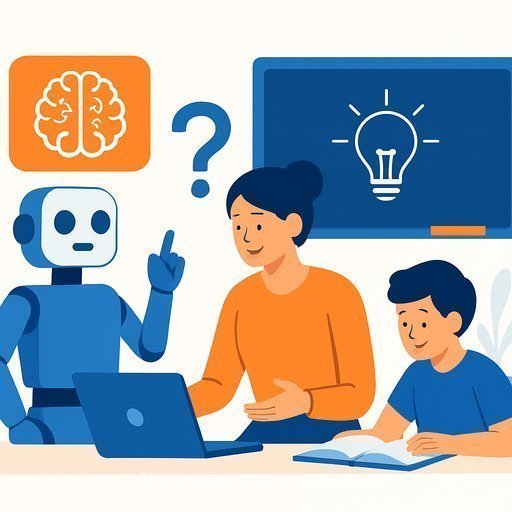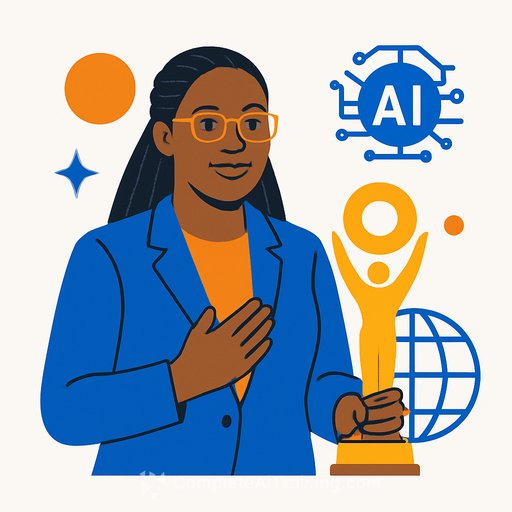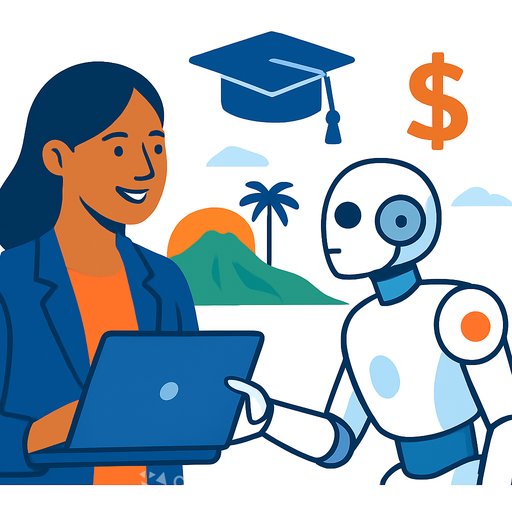President Joseph E. Aoun's roadmap for higher ed in the age of AI
AI can draft a paper. It can't read a professor's face when you hand it in. That gap-human judgment, presence, and ethics-is where higher education proves its value.
"The value of higher education is to raise those questions about the balance between human agency and AI agency," said Northeastern University President Joseph E. Aoun in a keynote fireside chat at the Times Higher Education Global AI Summit in Toronto. "What's at stake for us in higher education is to remain relevant in the age of AI."
Humanics: three literacies every graduate needs
Aoun's framework-humanics-integrates three literacies: technological, data, and human literacy. It's about producing graduates who can transfer knowledge across domains, make decisions with imperfect information, and lead in mixed human-AI teams.
- Technological literacy: know how systems work and where they fail.
- Data literacy: reason with data, question sources, and interpret outputs.
- Human literacy: communicate, collaborate, exercise ethics, and apply judgment.
Experiential learning is the differentiator
Humanics is reinforced through real work. Northeastern's co-op model immerses students in professional settings across the globe-where stakes are real and feedback is immediate.
"The experiential component is essential," Aoun said. "When we are getting the students to be immersed in an experiential setting, they are learning, practicing the human skills that give them an advantage over AI."
Lifelong learning at institutional scale
AI won't wait for curriculum cycles. Aoun called for universities to build flexible paths that reskill and upskill workers across careers-regional hubs with industry, competency-based programs, and certificate pathways stacked into degrees.
"Higher ed has a fundamental role to play. We have to rethink everything we are doing."
A practical roadmap for provosts, deans, and faculty
- Set clear AI use policies by course: define allowed tools, disclosure, and citation. Teach students how to evaluate outputs and assume responsibility for final work.
- Redesign assessment for human advantage: oral exams, live project defenses, iterative drafts with version history, peer critique, and in-class creation.
- Map curricula to the three literacies: make each program show where tech, data, and human literacies are taught, practiced, and assessed.
- Embed work-integrated learning: co-ops, clinicals, practicums, and real client projects. Make them credit-bearing with explicit learning outcomes.
- Invest in faculty capability: AI sandboxes, microgrants for course redesign, teaching fellowships, and peer communities for sharing practice.
- Adopt skills transcripts: track and report demonstrable competencies alongside grades to help employers read outcomes.
- Build employer partnerships: co-develop capstones, apprenticeships, and problem briefs aligned to actual job tasks.
- Offer flexible credentials: short courses, certificates, and bridges into degrees-recognized by industry and maintained with frequent refresh.
- Advance equity: provide access to AI tools, training, and support so all learners benefit, not just those with resources.
- Update integrity and safety protocols: detection is unreliable; focus on design, transparency, process evidence, and authentic performance.
What to measure
- Placement, promotions, and wage outcomes tied to specific skills.
- Quality and impact of co-ops/internships and client projects.
- Completion and reuse rates for certificates and microcredentials.
- Faculty adoption of AI-enhanced pedagogy and resulting student performance.
- Student confidence in human skills: judgment, communication, collaboration, and ethics.
Resources
- Robot-Proof: Higher Education in the Age of Artificial Intelligence
- Times Higher Education Global AI Summit
- AI courses by job role (Complete AI Training)
The mandate
"We need to be reskilled, upskilled and reinvent ourselves," Aoun said. The path is clear: teach the three literacies, make experience central, and commit to lifelong learning.
If universities don't lead this work, who will?
Your membership also unlocks:

